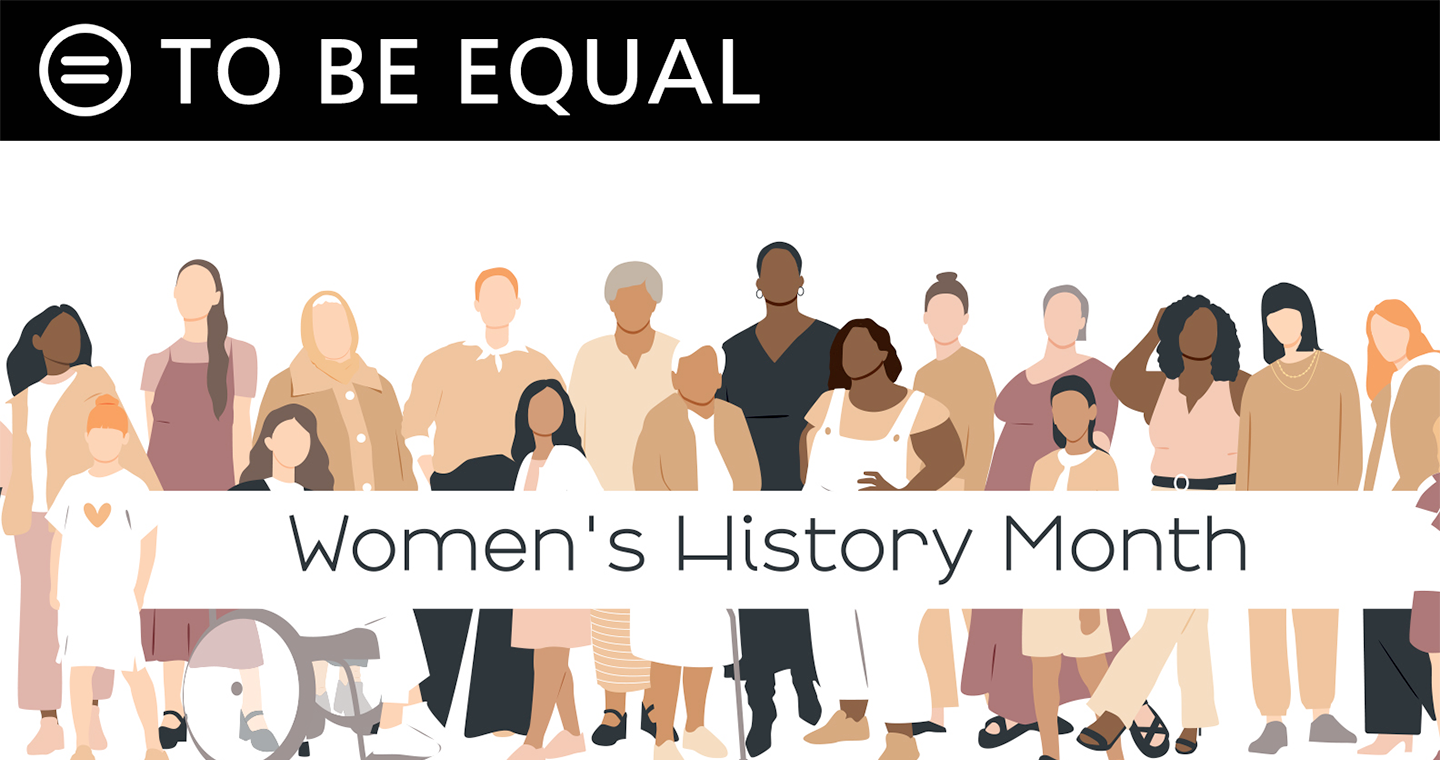Women's History Month Sees Historic Progress For Black Women In America, But Work Remains To Achieve Full Equality

Marc H. Morial
President and CEO
National Urban League
"From the first settlers who came to our shores, from the first American Indian families who befriended them, men and women have worked together to build this nation. Too often the women were unsung and sometimes their contributions went unnoticed. But the achievements, leadership, courage, strength, and love of the women who built America was as vital as that of the men whose names we know so well … Understanding the true history of our country will help us to comprehend the need for full equality under the law for all our people.” – President Jimmy Carter, proclaiming the first National Women's History Week
This goal can be achieved by ratifying the 27th Amendment to the United States Constitution, which states that 'Equality of Rights under the Law shall not be denied or abridged by the United States or by any state on account of sex.'"
When labor activist Theresa Malkiel established the first official Women’s Day in 1909, only four states and four U.S. territories granted women the right to vote. The 14th Amendment, which guarantees equal protection under the law, did not apply to women.
Two years later, some European countries joined the United States in the observance of International Women’s Day. The United Nations began celebrating International Women's Day in 1975, and in 1987 Congress designated March as Women’s History Month for the first time.
Throughout much of America’s history, the advancements of women’s rights applied only to white women. The National Women’s History Alliance, which was instrumental in establishing Women’s History Month, declared: “despite our best intentions, we have not done enough to challenge racism within the sphere of women’s history. In the past we have failed to effectively speak out against racism in our collaborative spaces.”
So, it is especially significant that the first Black women nominated to serve on the U.S. Supreme Court, Ketanji Brown Jackson appears before the Senate Judiciary Committee on Monday as the first step in the confirmation process. This Women’s History Month also has seen the confirmation of the first Black woman to head Office of Management and Budget, Shalanda Young, and the confirmation of Lisa Cook, the first Black woman to serve on the Federal Reserve Board of Governors, is imminent. Beginning with his historic selection of Kamala Harris to serve as Vice President, President Biden has appointed a record number of women -- and women of color -- to key roles in his administration and nominated more Black women to the federal courts than any president in history.
National Urban League and the Urban League have long shared this commitment to gender equality. From Harriet Tubman and Sojourner Truth to Rosa Parks and Fannie Lou Hamer, women have been the driving force in the fight for equal rights. The National Urban League was co-founded by philanthropist and social activist Ruth Standish Baldwin in 1910. More than half of our 91 affiliates are led by dynamic women CEOs, and nearly 70 percent of the National Urban League’s senior vice president and vice president positions are held by women.
Women’s History Month is not only a celebration of women’s achievements of the past, but of women who are making history today. Among the honorees at the National Urban League’s most recent Women of Power Awards were Stacy Abrams, who confronted voter suppression in Georgia and inspired an estimated 800,000-plus new voters to register through her efforts; immunologist Kizzmekia S. Corbett, whose research was central to the development of the COVID-19 vaccines and treatment; and Amanda Gorman, who inspired the nation as the youngest poet to read at a presidential inauguration and became the first National Youth Poet Laureate.
As we celebrate the progress women – especially Black women – have made in recent years, it’s important to recognize the work we have yet to do. The United States has the highest maternal mortality rate among developed countries, and Black women are about three times more likely to die during pregnancy or shortly after birth than white women, yet reproductive rights are under attack across the nation. Women still are paid only 84 cents for every dollar paid to men, and Black women are paid only 63 cents for every dollar paid to white men.
President Obama once said there is no greater form of patriotism than the belief that “it is in our power to remake this nation to more closely align with our highest ideals.” Achieving and protecting the equal rights of all women is among the most sacred of those ideals.
###
11TBE 3/18/22 ▪ 80 Pine Street ▪ New York, NY 10005 ▪ (212) 558-5300
Connect with the National Urban League
Facebook: https://www.facebook.com/NatUrbanLeague
Twitter: https://twitter.com/naturbanleague
Instagram: https://www.instagram.com/naturbanleague
Website: https://www.NUL.org
Newsletter: http://bit.ly/SubscribeNUL
YouTube: http://bit.ly/YTSubNUL

